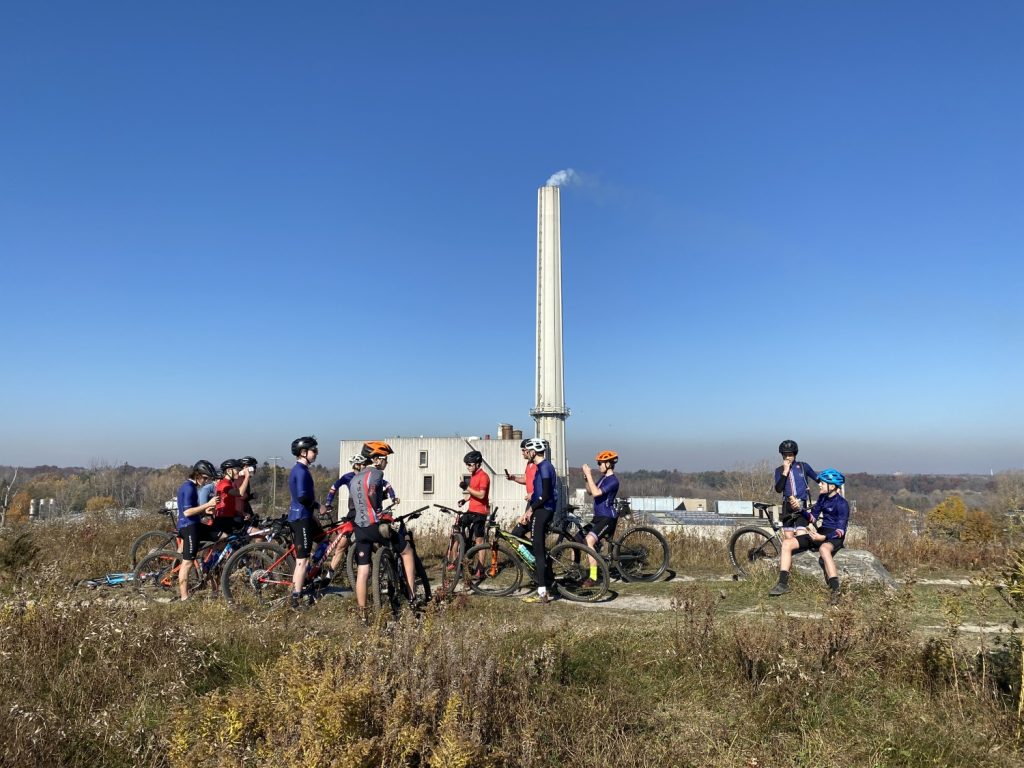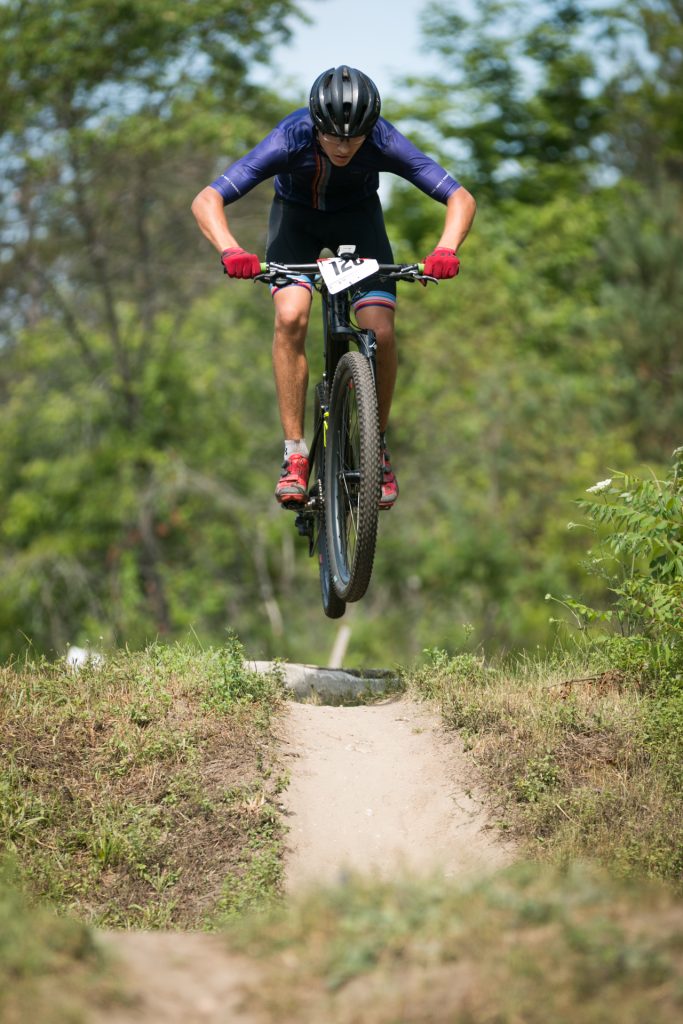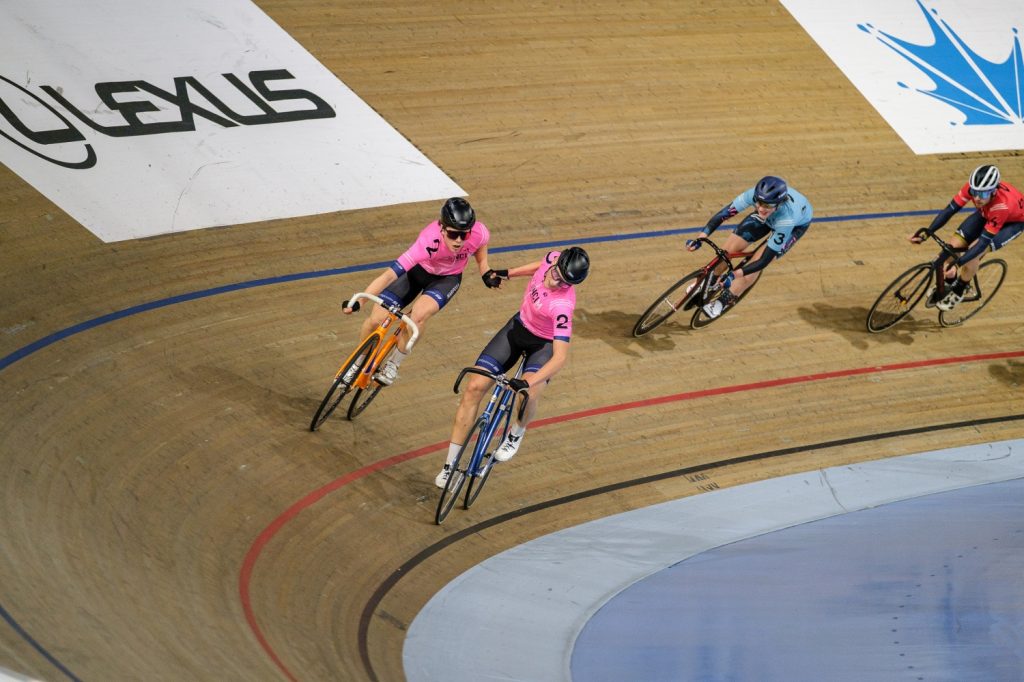For most keen cyclists who are trying to improve their fitness and performance, a ride must be sandwiched between work or school, household duties, and social activities. Few of us are professional cyclists who have all day to ride. For many living in urban areas, their window to ride is narrow as rides take place early morning or late in the evening when traffic is diminished. Athletes often obsess with details and value effort and intensity over consistency, skill building and enjoyment.
Following training programs can be demanding, stress inducing and sometimes impossible. Data analysis metrics, online coaching programs and scientific articles explaining how to train have given the perception that a workout has less value if it isn’t based on a structured plan or if it isn’t executed to the prescribed wattage. Few consider all of life’s priorities and stressors. When a planned workout isn’t completed, or we haven’t performed as well as expected, we feel as though we haven’t accomplished a goal. Training plans are important, and data analysis has made fundamental shifts in performance improvements, yet most don’t account for the stress of our daily lives and lose sight of what many people are trying to accomplish. We want to have fun, get fit and be healthy.
This is even more crucial when applied to youth sports, as young athletes are easily influenced and, often, lifelong habits are learned young. Having spent the last few years riding with kids and teens, and reflecting on my life in sport, it is evident how influential community, a balanced workload, and enjoyment are to results and sustained long term growth.
With access to countless performance analysis tools and platforms, it is also apparent how easy it is for them to become addicted to the metrics, which can be detrimental as they put as much weight into what their computer says as the results after the finish line. Bad habits can easily develop which can lead to eating disorders or other compulsive behaviors. Even professionals who are paid to win often overvalue their numbers losing perspective on what they are trying to accomplish. It is easy to focus on the minutiae of a workout instead of zooming out to gain greater perspective. The quality of the last workout doesn’t determine the fitness of an athlete. Consistency and training with perspective lead to longterm success.
Being in an environment, and community, that teaches skills with competent mentors, who use modern training tools while also keeping it fun, will help develop lifelong athletes who have good habits and skills. Also, surrounding ourselves with mentors who not only help us grow in sport but also flourish in other aspects of life is equally important. Being singularly focused, especially at a young age, leads to imbalance, which can be anxiety inducing and detrimental on almost every level.
The 2022 U-23 World Mountain Bike Champion, Christopher Blevins recently gave a talk to the Bear National Team, a youth development team in Southern California and he said that the most important thing for him during his development years was that it was fun…athletes that love it, and have fun, thrive. This is why cyclo-cross, mountain biking and track riding are such perfect entry points into riding —they are fun, playful, adventuresome — and just by virtue of the activity, kids get in some good work, but it does not feel like work, which is the biggest goal in nurturing longevity in the sport. Just like everything else, remembering that every child has a different trajectory of development in sport it is crucial to help the youth athlete understand that every ride and race is not make or break, but rather a stepping stone along the way.
Over the last few years, as the kids in our club have been riding at the Mattamy Cycling Centre velodrome and are members of the youth programming, they have been able to grow as a group, learn from the coaches, and from each other. The training sessions are games as much as they are workouts. The facility has not only attracted more people to cycling but has also provided the ecosystem to sprout young world champions. Their success goes beyond the velodrome’s boards and onto the mountain bike dirt trails and tarmacked roads.
Cycling and, especially racing, is as much skill and craft, learned with time and experience, as it is power output and physical endurance. Astute tacticians can often beat the most physically gifted riders to the finish line. For many, the most fun that can be had on a bike is when we are playing games whether tactical or physical. Those aspects of cycling can be practiced during any training session or ride, even if it’s on an easier rest day.
Training stats, plans and analysis are all important tools but they must be used with perspective to achieve the greatest gains.



